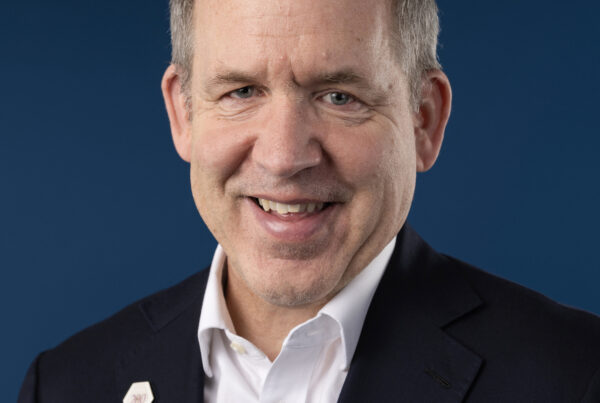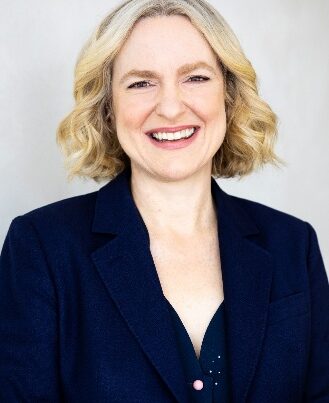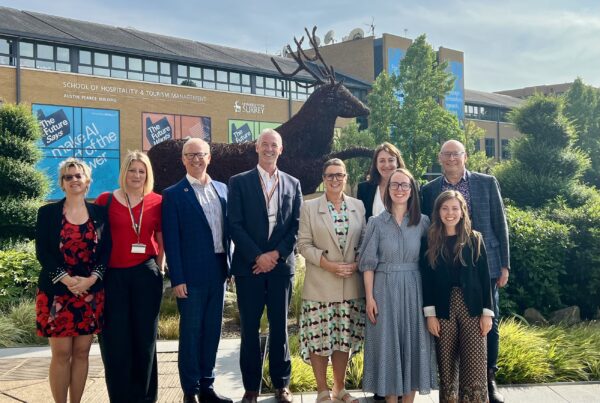How unwelcoming are our universities?
Many staff and students in universities around the world talk fondly of how university transformed their lives. Many do so from a position of having had it relatively good in the first place.
There is a groundswell of global concern with making higher education more easily accessible to all in society in all countries. This requires coordinated action in funding systems, financial aid, institutional leadership, and in the underlying culture and how welcoming it is to all students.
Welcoming Universities is an organisation trying to make this the case for all students in Australian universities through benchmarking and other activities. It builds out of Welcoming Cities which has sought to do as part of a global war for talent.
Several Australian universities have signed up to Welcoming Universities including Bond University, Charles Darwin University, Latrobe University, University of Melbourne, UNSW, University of Wollongong, Victoria University and Western Sydney University.
They are doing some pioneering work like that at La Trobe University in Bendigo and University of Wollongong, which is building relationships and connections across the council and the universities to support international students in a holistic way throughout the student lifecycle, from enrolment to employment.
The Australian Universities Accord consultation conducted through 2023 has set out to improve equity but might be argued to have had a flawed process. The consultation over its interim report being concentrated in 3 weeks during mid-semester was always going to be difficult for students and student groups to join in on. And having no students on the panel was a mistake at worst and an oversight at best.
There is fear that when the final report is released this month, nothing much will change. Students from groups with inter-sectional privilege will continue to more than take advantage, and those facing discrimination will continue to do so.
During the Accord process, frustrations and divisions occurred regarding how poor we all are at dealing honestly with sexual assault and harassment in universities. We have had the Australian Human Rights Commission recommendations for 7 years now but show little sign of improvement or change in responding to them. This extends to the issues of discrimination on culture and race, and we are not doing enough to address these either.
Mohamed Omer is a good example of how those discriminated against in our universities have startling stories to share. This People of Colour Department Racism at University of Melbourne report needs a wider audience.
Stepping back from individual cases, until we have leaders who look more like the students we say we all care for, the stories are unlikely to change. You can’t be what you can’t see.
Lived and living experience is everything in dealing with acute issues of inclusion and there is not enough lived experience of multiple forms of discrimination in our leaders or their teams.
The result is many institutions making statements and plans but this will continue to make little difference if we don’t do something more direct, honest, and practical. We must give students a real voice and make sure those voices are from those with lived (and living) experience of discrimination.
We do so in the latest episode of HEDx and will be doing so further when Cate and Mohamed join the forthcoming HEDx conference in Melbourne on March 21st at the Melbourne Museum.
It will take place after the Accord report is published. The report is being tipped to fall short of achieving its lofty equity goals, as it was always going to, it is argued, with the process followed and the breadth of scope it had.
The real opportunity to do something about systemic discrimination in the sector will be after the report is published through ongoing change and best practice innovation. That is the mission of groups such as HEDx and Welcoming Universities and the subject of a forthcoming book being launched at the conference.
Until real change becomes widespread, we will continue to see more people gaining transformational experiences from university life from starting positions of intersectional privilege than from real disadvantage. That has to stop.
Martin Betts, Co-Founder and CEO of HEDx
Cate Gilpin, Coordinator of Welcoming Universities
Mohamed Omer, former UMSU People of Colour Department Officer, and University of Melbourne alumnus









